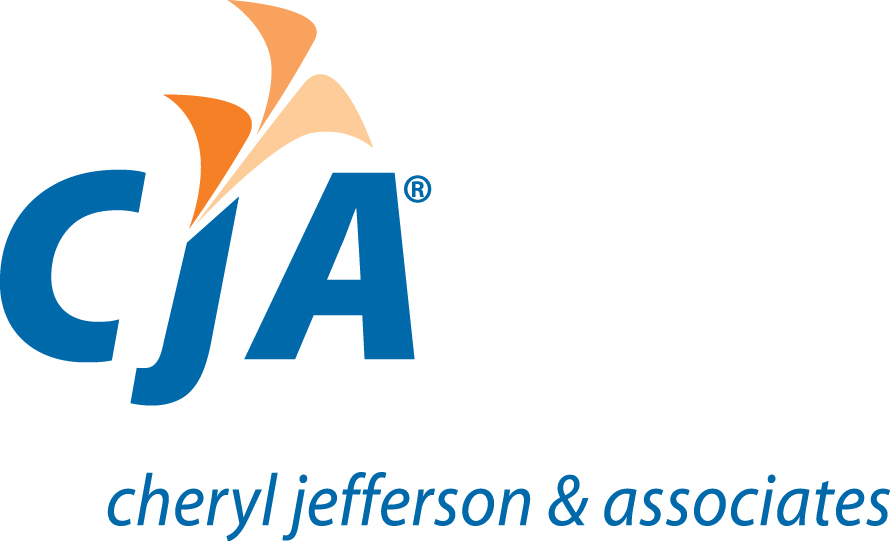What is a compilation?
A compilation is preparing the financial statements of an entity based on information provided by the entity’s management. Those statements may be in conformity with generally accepted accounting principles (GAAP), cash basis, or the income tax basis of accounting. It is not an audit and it is not a review. The data is arranged in the proper format. Therefore, we present information that is the “representation of management” and express no opinion or assurance on the statements.
Compilations don’t require inquiries of management or analytical procedures. Instead, we rely on our knowledge of accounting principles and a general understanding of your business. With that being said, we will still take a common sense look at the data and decide whether it contains errors or is incomplete and needs adjustments.
Why not use the system-generated financials…
- Garbage in, garbage out. The accounting system does not know that you did not classify your transactions in accordance with GAAP
- The software cannot make year-end adjustments for accruals, prepaid expense, current portions of long-term debt and similar items that require accounting knowledge
- Canned reports that come with software may not be the most informative presentation
- Footnotes or disclosures typically have to be done outside of the accounting system
- Some software products do not convert accrual basis to cash basis properly, thereby producing an inaccurate statement of cash flows
Here’s what you get…
You get a full set of financial statements in accordance with GAAP. This will include:
- Accountant’s compilation report
- balance sheet
- income statement
- statement of retained earnings or changes in equity
- statement of cash flows
- financial disclosures at year end
Our compilation papers include a detailed work program to document the procedures performed, as well as the client’s supporting workpapers.
Why might a business request a compilation?
Compiled financial statements assist management in making operating decisions, making budget decisions, and completing loan applications. Banks often require compilations from an independent CPA as part of their lending covenants. SBA requires 8(a) companies with revenue less than $2 million to have financial statements compiled in-house or by CPA. Investors and even owners should consider the benefits of an outside party with the qualifications and certifications to provide high quality financial statements.
The CJA difference—
- Reviewing the financial statements for accuracy, not just taking your numbers as is.
- Client recommendations for implementing improvements going forward.
- Value-added services provided as part of the engagement
- Collaboration with your staff, all the way through.
